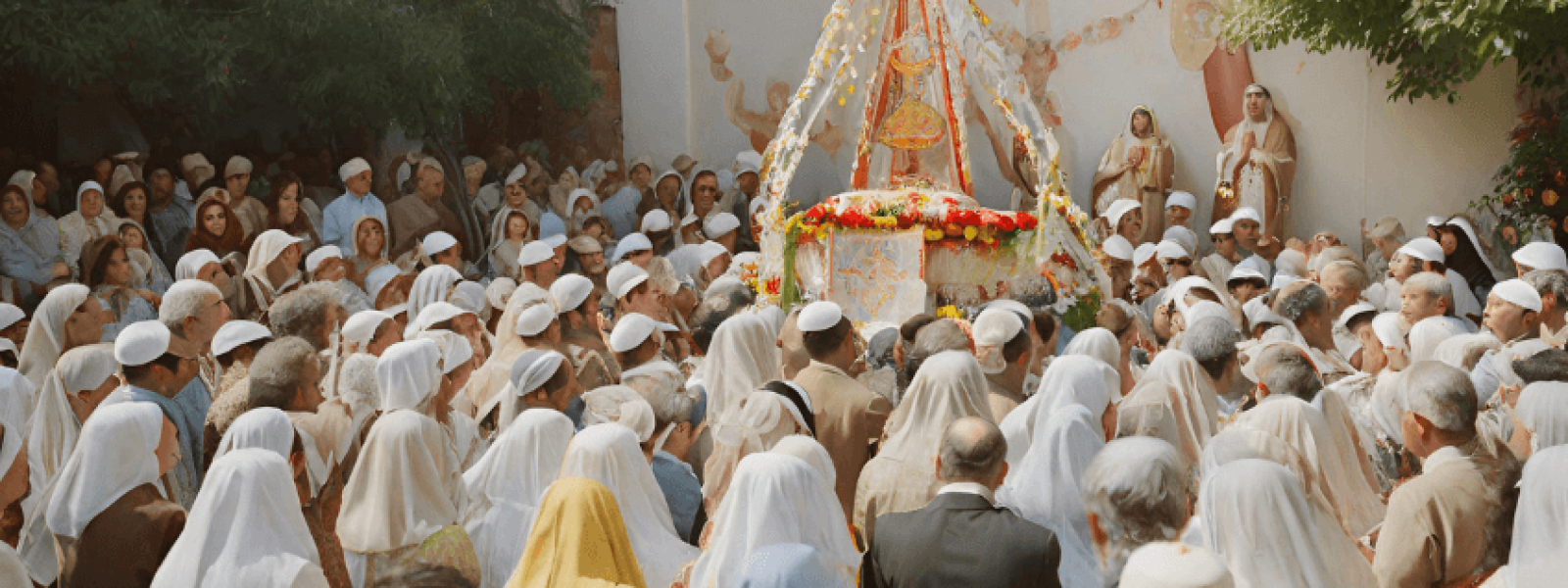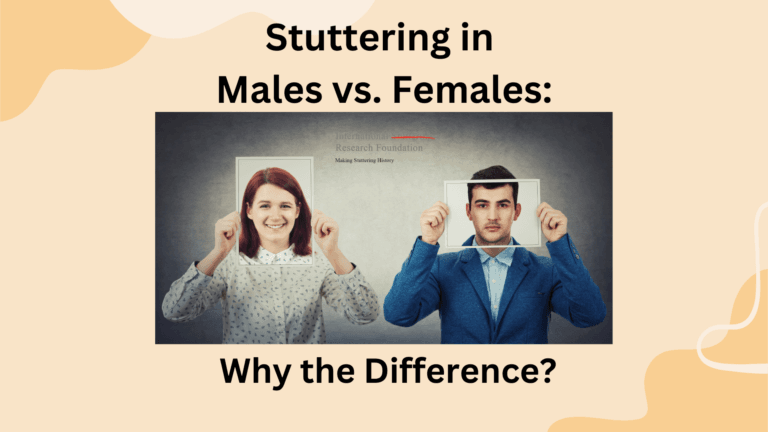Introduction:
Welcome to another insightful exploration on NABS! Today, we delve into the intricate landscape of the human mind and its profound connection to religious faith. Religion has been a fundamental aspect of human civilization, shaping cultures, traditions, and personal beliefs. Let’s unravel the threads of the psychology behind religious faith and discover the fascinating interplay of mind and spirituality.
Section 1: The Formation of Belief Systems
At the core of religious faith lies the intricate tapestry of belief systems. These belief systems, often instilled from a young age, influence our perceptions of the world and our place in it. The psychological underpinnings of belief formation are complex, involving a blend of cultural, social, and personal factors. We’ll explore how these belief systems become integral parts of our identity and significantly shape our worldview.
Section 2: Coping Mechanisms and Stress Reduction
In times of uncertainty and adversity, religious faith often serves as a powerful coping mechanism. Studies have shown that prayer, meditation, and engaging in religious rituals can have profound psychological benefits, offering solace, hope, and a sense of control. Join us as we unravel the science behind these practices and delve into how they contribute to stress reduction and mental well-being.
Section 3: Community and Social Connection
Religious communities provide a unique social fabric, fostering a sense of belonging and shared identity. The communal aspect of religious faith goes beyond individual beliefs, creating bonds that extend beyond the spiritual realm. We’ll explore the psychological dynamics of these communities and how they contribute to social connection and support.
Section 4: Faith and Mental Well-being
Beyond the communal aspects, religious faith has been linked to mental well-being and resilience. We’ll navigate through the research that explores the relationship between faith and psychological health, examining the role of faith in building resilience, coping with challenges, and promoting overall mental well-being.
Section 5: Cognitive Aspects of Religious Faith
From perception to memory to reasoning, the cognitive processes involved in religious beliefs are fascinating. We’ll discuss how our brains engage with religious concepts and the role of cognitive biases in shaping our faith. By understanding these cognitive aspects, we gain insight into the complexity of religious belief systems.
Conclusion:
As we conclude our journey into the psychology of religious faith, we invite you to reflect on your own beliefs and experiences. The interplay between the human mind and spirituality is a vast and nuanced terrain, and we’ve only scratched the surface. We hope this exploration sparks contemplation, discussion, and a deeper understanding of the profound connection between psychology and religious faith.
Call to Action:
Share your thoughts! What role has faith played in your life? How do you perceive the intersection of psychology and religious beliefs? Join the conversation in the comments below and continue this enriching dialogue.
Thank you for being part of the NABS community, where we unravel the mysteries that shape our lives and minds. Stay tuned for more insightful content coming your way!





5 Responses
The discussion on belief systems and coping mechanisms resonates deeply. Understanding the psychology behind faith adds a new dimension to its significance. Looking forward to more thought-provoking content like this…
Thanks for your valuable comments
subscribe with us to stay updated…
Great Article ….. worth reading, keep up the good work
Thanks for your valuable comments
subscribe with us to stay updated…
Your message challenged some of my preconceived concepts.
Thank you for using a fresh point of view.